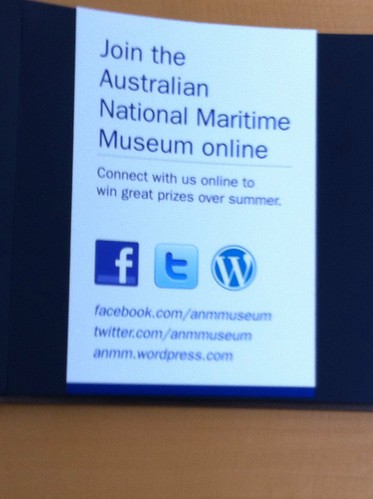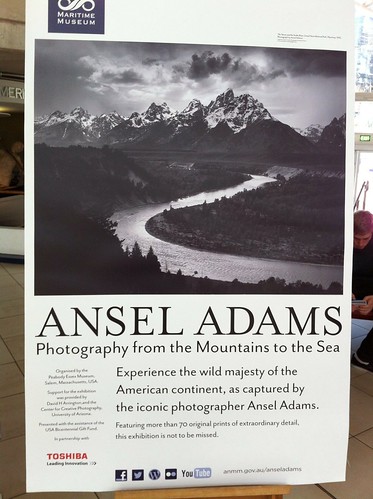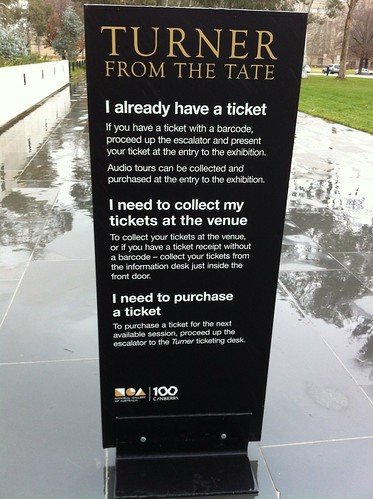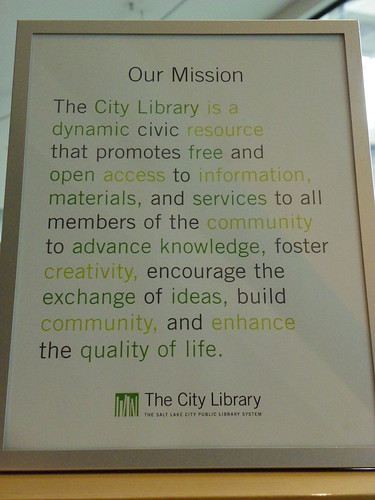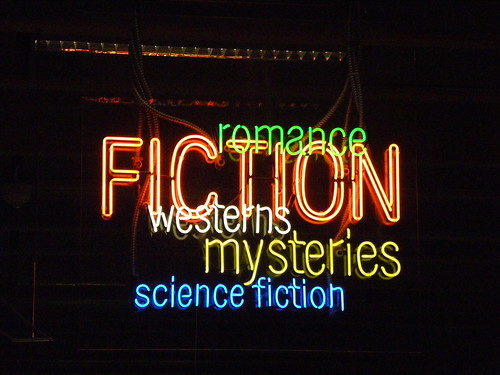I overheard a conversation where two people were discussing reading. I was interested because of the readers advisory work which I do. This discussion had one person making suggestions to the other as they both liked crime novels. The person receiving suggestions said they liked an immersive read, so 'of course' detailed descriptions of setting were the most important area. This interested me at the time, as the authors and titles being described did not strike me as having particularly detailed descriptions. I enjoy Henning Mankell, but do not find his books heavy on description of setting (unless in a way which is necessary for the story).
In readers advisory work it is really important to remember that other people will see the same read differently to us. The 'of course' setting was the only way for an immersive read was also stark (yet interestingly they were only interested in real world descriptions, no speculative fiction).
Of course it isn't the only way for an immersive read, but obviously it was the only way this person could immerse themselves in reading or imagine anyone being able to immerse themselves in reading. We all immerse ourselves differently, in different degrees and depending upon individual titles.
This highlights the importance of imagination as part of the mix of skills, training, experience, research, use of tools and other aspects of providing an effective readers advisory service. It is not about what or how we read, but about what and how our clients read, and we have to be able to imagine that people read differently to us, and can have a rich and rewarding reading experience by doing so. The conversation I heard showed someone who could not imagine anyone having a satisfying reading experience unless other people read in exactly the same way as they do.
Just in case you are wondering about my evesdropping. It was in a public place and loud enough to hear at a distance.




